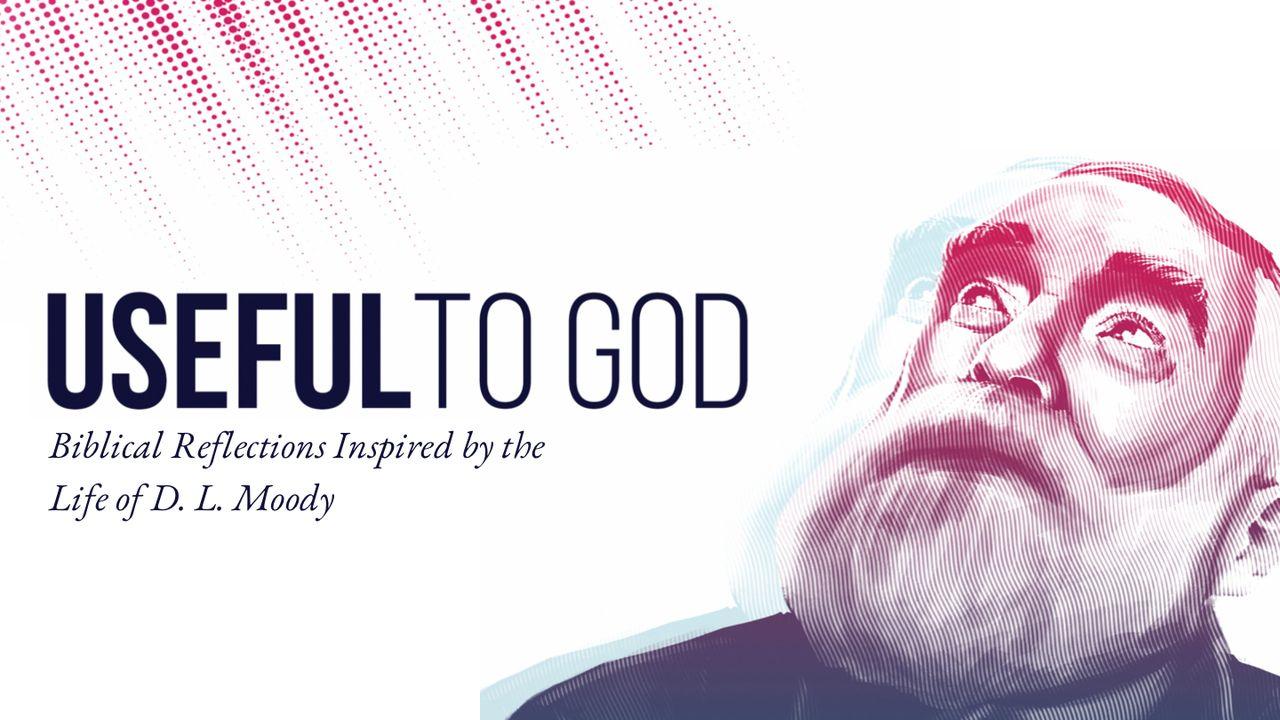Useful to GodSample

Free from the Love of Money
Looking on at Job’s sufferings, Eliphaz believes that God is disciplining Job for some act of unfaithfulness. He calls on Job to admit his sinfulness so that he can “be at peace” and “be built up” (Job 22:21-23). Eliphaz believes Job has given his heart over to money. He calls on Job to “lay gold in the dust” so that “the Almighty will be your gold and your precious silver” (22:24-25). Eliphaz believes Job’s suffering has been brought on because he trusts wealth and riches. It has become his god.
In Job’s extended response to the allegations of his friends, Job addresses Eliphaz’s accusations. Job’s trust was not in his money, nor did he rejoice because of his wealth (31:24-25). To do so would have been equivalent to idolatry (31:26-28). Job denies Eliphaz’s accusation. He has not replaced God with money. While Job did not fall prey to the trappings of wealth, Eliphaz’s accusation demonstrates the danger loving money poses.
Christians are not called to live in poverty. Instead, we are to put money in its proper place. We are to “give to Caesar what is Caesars” (Matt 22:21) and “make friends…by means of unrighteous wealth” (Lk 16:9). We are to learn to avoid greed, which is idolatry (Col 3:5; cf. Eph 5:5).
Loving money is about devotion, loyalty, and obsession. The craving for more can never be satisfied. It draws us away from the faith (1 Tim 6:10) and causes us to sell our integrity (Luke 16:14).
The world encourages us to pursue wealth. We see stories and advertisements that glamorize those with money. It is tempting to see money as a means to the ends of security and happiness. Jealousy and dissatisfaction can become consuming forces that pull us away from God.
Christians need to learn contentment despite our circumstances (Phil 4:10-13). Contentment opposes love of money because contentment recognizes that God will always be with us and that we have no need for any other security source (Heb 13:5-6). Learning contentment allows us to set aside our selfish ambitions so that we remain open for God’s use, trusting that what He gives us is sufficient for us to showcase His glory.
About this Plan

Drawing on James Spencer's book titled Useful to God: Eight Lessons from the Life of D. L. Moody, this Bible Plan examines eight characteristics evident in the Scriptures and in the life of 19th century evangelist Dwight Moody (e.g., surrendered, prayerful, humbled, undistracted, and studious). A free guide including these reflections along with activities and additional devotional content is also available for download from D. L. Moody Center.
More
We would like to thank D. L. Moody Center for providing this plan. For more information, please visit: https://moodycenter.org/d-l-moody-center/
Related Plans

Making Peace With Fire

Unleashed by Kingdom Power

Gather for Advent

Find Hope in God's Unfailing Love

Why So Busy?

Admonishment: Love’s Hard Conversation

Living in God’s Peace: A 12-Day Journey Through Scripture

From Creation to Calling

Love That Lasts: 30 Days in God’s Word
